Alleged ‘Indiana Jones And The Dial Of Destiny’ Plot Leak Claims Phoebe Waller-Bridge’s Character Makes The Heroic Choice To Knock Out Indiana Jones To Protect History
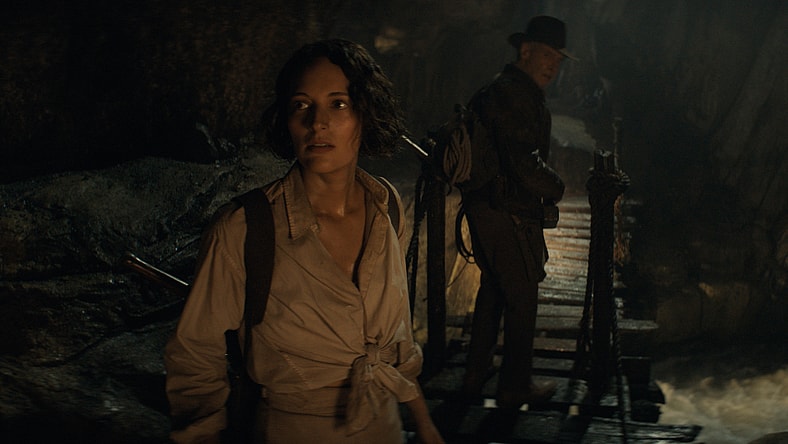
An alleged plot leak for Lucasfilm’s upcoming Indiana Jones and the Dial of Destiny film claims that Phoebe Waller-Bridge’s Helena character is the one who makes the critical heroic decision because Indiana Jones refuses to do so. Not only does she make the heroic decision, but the decision is punching Indiana Jones and knocking him out.
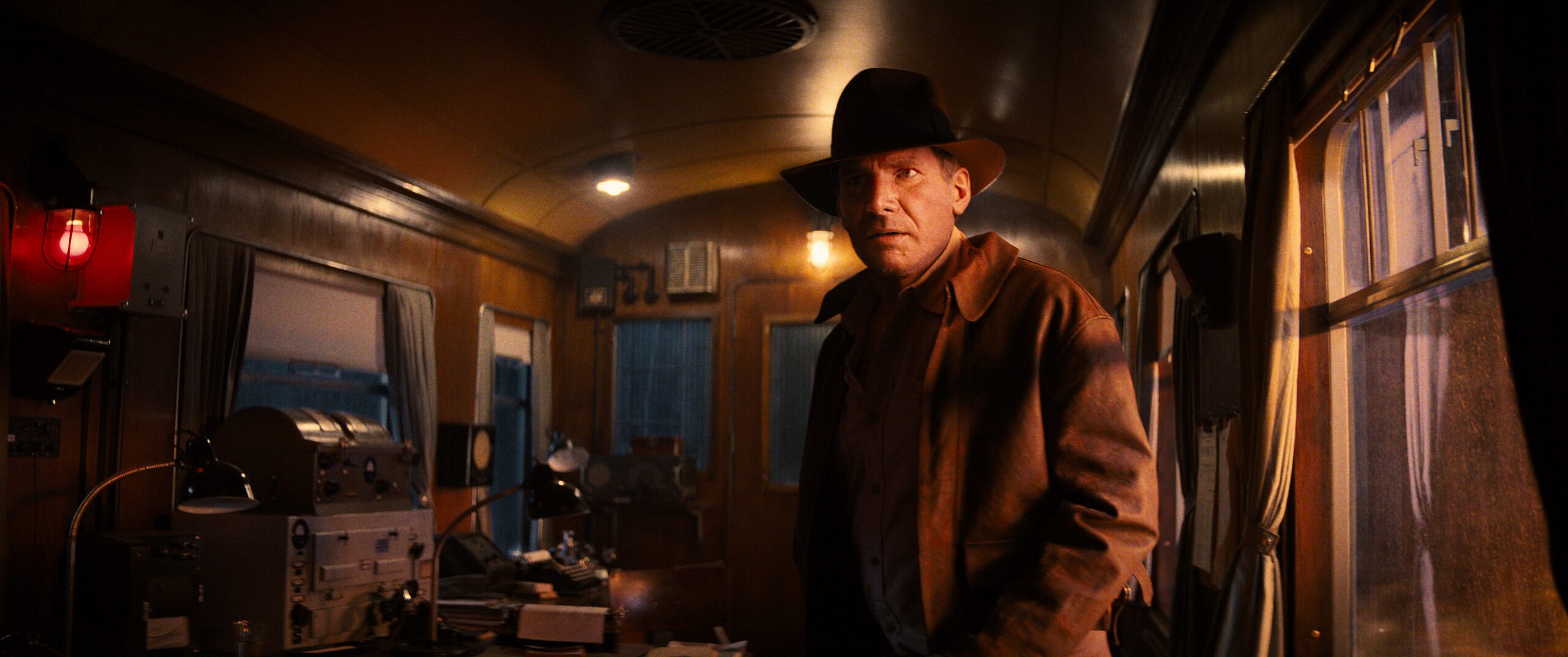
According to Reddit user LunekJones, who shared what he claims is a “full plot synopsis” for the film, at the end of the film, Mads Mikkelsen’s Doctor Jürgen Voller is able to complete the Dial of Destiny and attempts to use it to travel back in time in order to kill Hitler “to prevent Germany [from] invading Poland and committing this big mistake.”
However, the Dial of Destiny does not take Voller to Sicily in 1939, but rather transports him, Indiana Jones, and Helena who are aboard airplanes to the Roman siege of Syracuse.
Voller and the rest of the Germans end up dying in a plane crash while Indy and Helena are able to escape the plane using a parachute.

RELATED: Critics Torch James Mangold’s ‘Indiana Jones And The Dial Of Destiny’
Upon landing on the ground, Indiana Jones encounters Archimedes, who also retrieves the completed Dial of Destiny from the corpse of Voller. Archimedes proceeds to ensure the Dial of Destiny can only transport users to him in Syracuse during the siege while also obtaining one of Voller’s watches giving him knowledge on the device.
The plot synopsis explains, “As Helena tells him that Archimedes has “rigged” the dial, in making sure it only sends back to Syracuse on the day of the siege so that they could save him, we understand it’s thanks to this jump in time that he found his knowledge about watches and on how to complete the dial.”
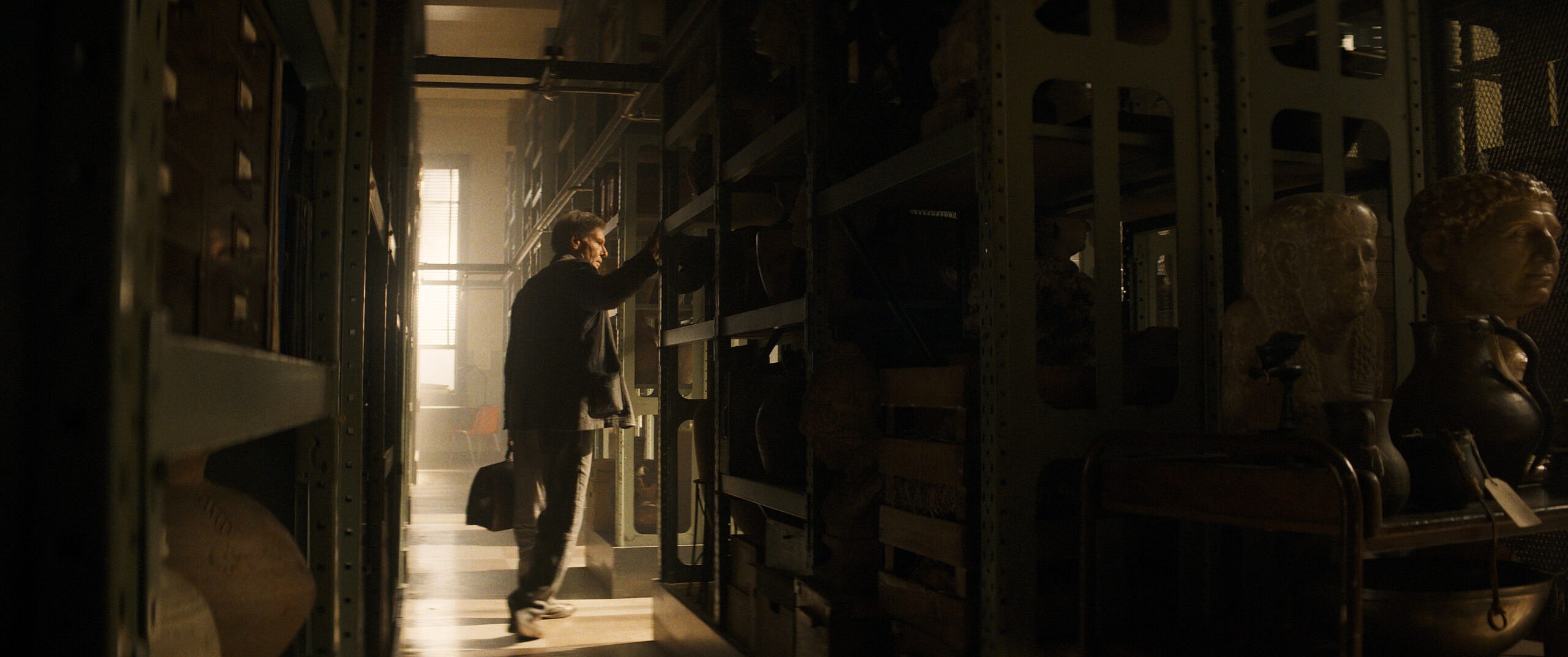
From there, LunekJones details that Indiana Jones does not want to return to his present, but would rather stay in Syracuse because he believes there is “nothing for him in 1969.” In contrast, Helena attempts to convince Indy to return to the present believing if he stays in the past “he would change the course of history.”
Indy apparently is unconvinced by Helena’s arguments so she resorts to punching him and knocking him out.
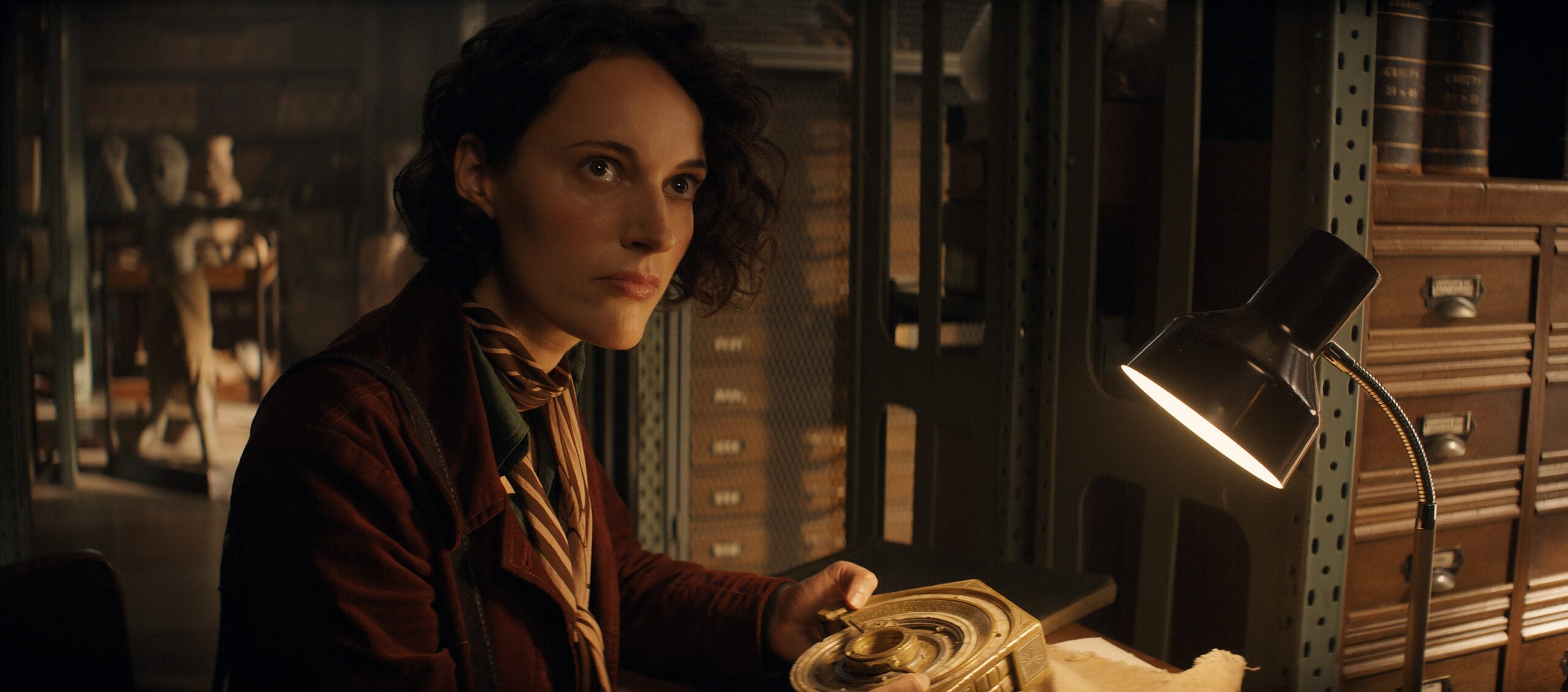
When Indy awakes he’s back in 1969 in New York City in his bed. He then “reproaches [Helena for] having brought him back to the present although there is nothing for him there.”
However, Helena counters that there is something for him to continue living for and Marion shows up in his apartment with a number of groceries. The film earlier made it clear that Marion and he were either divorced or on the brink of divorce as divorce papers were pinned to Indy’s fridge held up by a picture of Marion.
The two eventually appear to reconcile whatever contrived issues the film gives them to have them embrace in a kiss with the plot synopsis explaining “they re-enact the boat scene from Raiders in reverse before Indy kisses her.”

Finally, the film reportedly ends with a shot of Indiana Jones’ hat on a drying line outside the apartment with what appears to be Jones’ hand eventually grabbing it off the line as the camera zooms onto the hat in a small circle similar to old Warner Bros. cartoons.
LunekJones details, “The screen reduces into a small circle like in the Tom & Jerry cartoons, circling the hat and appearing to end there… just before we see Indy’s hand (can’t be sure 100% sure it was his now that I think back about it but it makes sense that it was) getting the hat back inside. The end !!
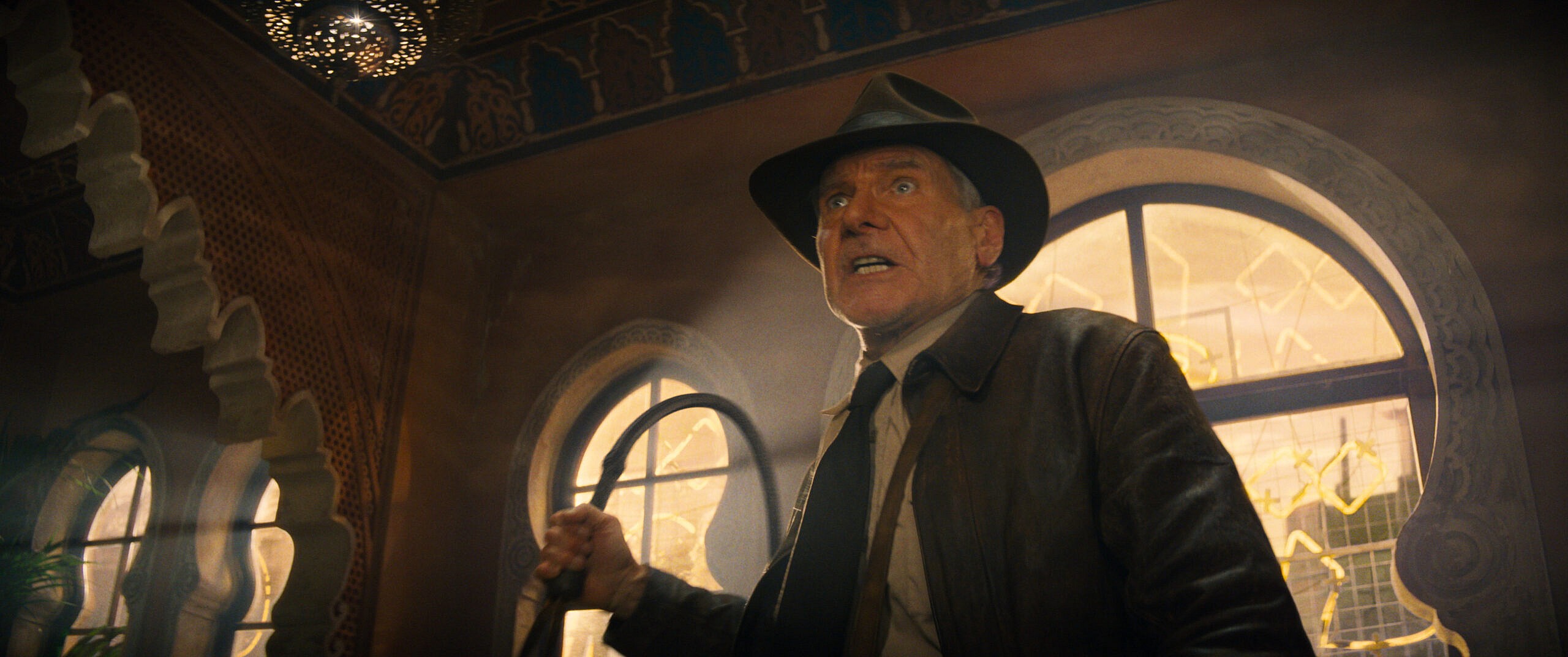
It’s not surprising that Indiana Jones would not make the heroic decision and have that be left to Waller-Bridge’s character. Ford described his character in an interview with Fandango as “not so strong, not so brave, not so attentive, but about to go on a grand adventure with a very fascinating set of compatriots and adversaries.”
On top of Ford admitting his character now lacks courage, bravery, and strength, Lucasfilm also been captured by feminist ideology that derides male characters.
Back in 2015, Lucasfilm President Kathleen Kennedy admitted to embracing this ideology throughout the entire company. She said during Fortune Magazine’s Most Powerful Women Summit, “The fact that the company was bought by The Walt Disney Company has been amazing because they very much support the fact that we are trying to grow in the work force a number of women in executive positions and in all positions inside the company.”
“And with the movies that we are making and with the protagonists that we are putting in the stories. So I get a huge amount of support with that,” she continued.
Kennedy then touted, “But we have 50% of our executive team are women. And six out of eight of the people in my story group are women. And I’m sure there’s a lot of people that would be surprised that we’re making Star Wars movies and the majority of the people involved in the development of those stories are women. And I think it’s making a huge difference in the stories that we’re trying to tell.”
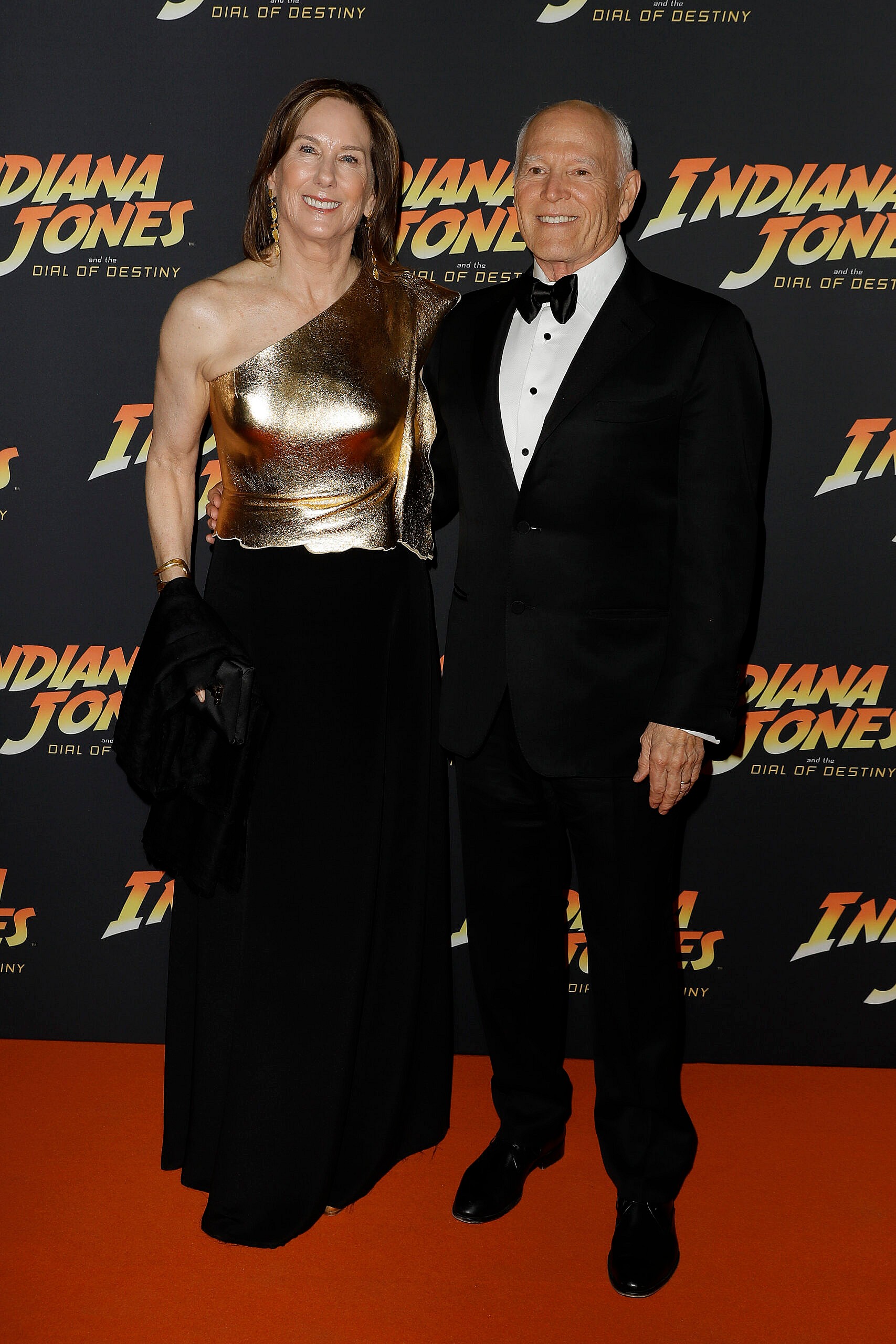
Kennedy wasn’t wrong when she admitted this embrace of feminism ideology was making a huge difference in the company’s stories. Audiences have abandoned many of Lucasfilm’s iconic properties and even The Walt Disney Company is admitting much of it is not good.
Most recently, a report indicated that The Walt Disney Company was pulling the Disney+ series Willow from the streaming platform just six months after its finale. This report came after the company’s CEO Bob Iger admitted many of the Disney+ series they created were “not necessarily driving sub growth.”
In fact, Iger detailed that the company would “take an impairment charge of approximately $1.5 to $1.8 billion” for the content they would be removing from Disney+ and Hulu.
As defined by Indeed an “impairment charge is a cost that shows a reduction in the carrying value of a specific asset on a balance sheet. This occurs when an asset’s book value exceeds its fair value in the market according to the Generally Accepted Accounting Principles (GAAP). While any assets can suffer from impairment charges, the most commonly impaired assets are intangible assets, inventory, goodwill and even capital.”
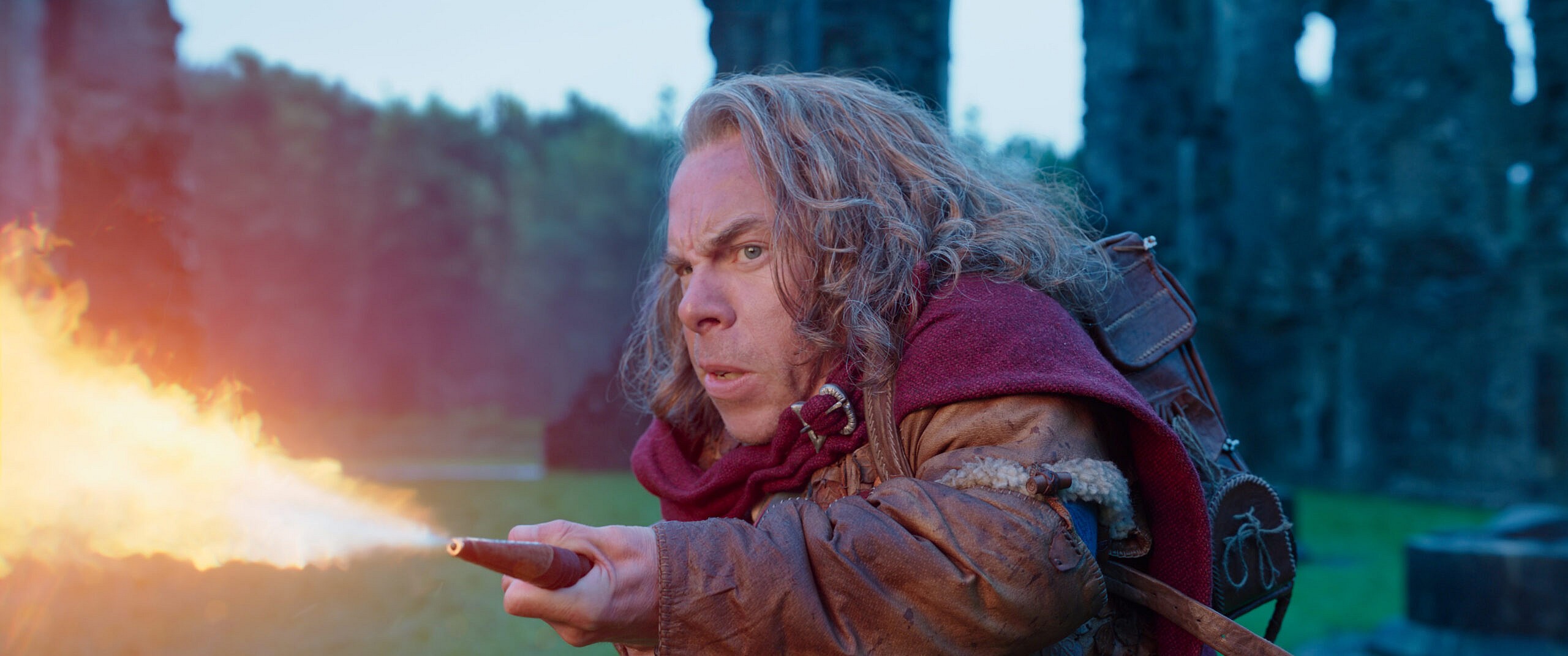
Not only are Lucasfilm’s productions being removed from Disney+ and being accounted as impairment charges, but under Kennedy’s leadership Lucasfilm lost money at the box office on the Star Wars film Solo: A Star Wars Story.
Disney’s sequel trilogy also saw massive declining returns at the box office with The Force Awakens bringing in $2.064 billion at the global box office. By the third film in the trilogy, The Rise of Skywalker, the film only grossed $1.072 billion at the global box office.
Following this decline, Star Wars has been relegated to the Disney+ streaming service and the company has announced numerous films only to have them never come to fruition.
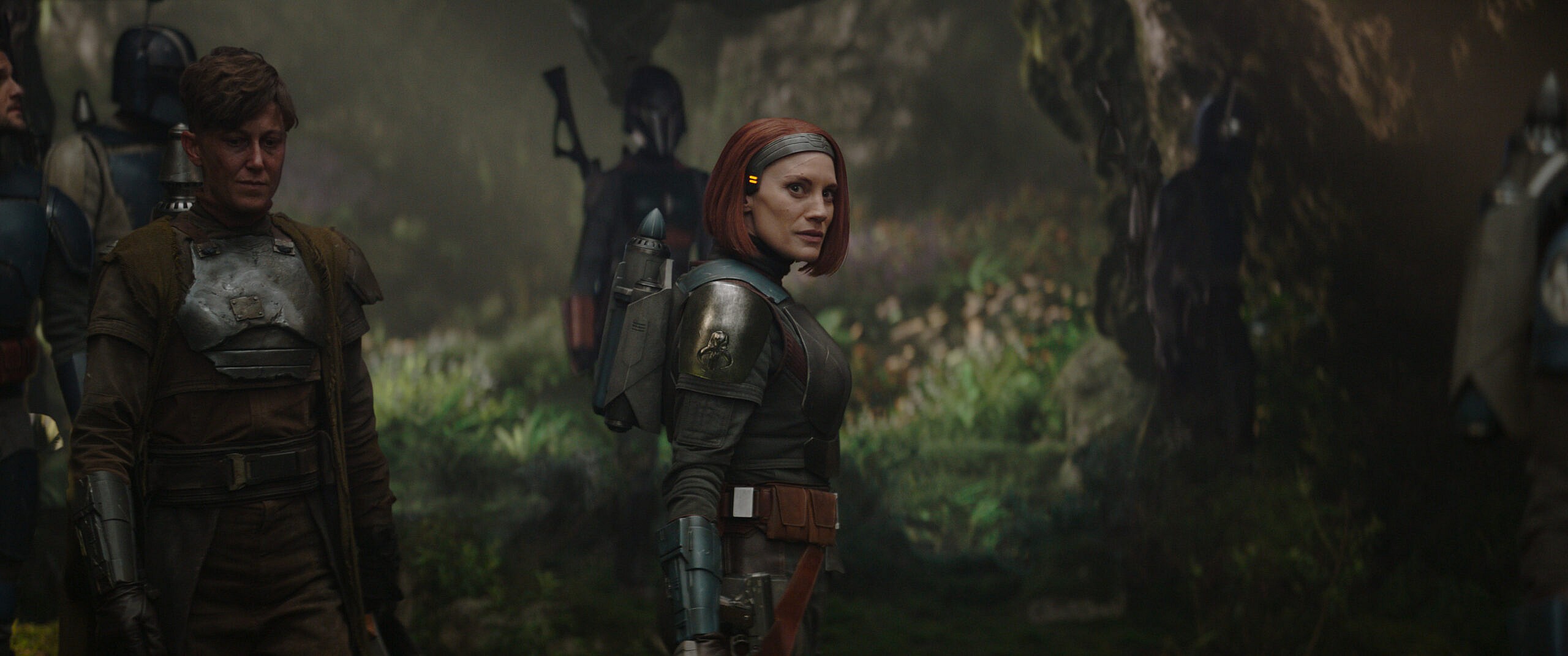
What do you make of Indiana Jones and the Dial of Destiny having Phoebe Waller-Bridge’s character make the heroic decision at the end of the film?
